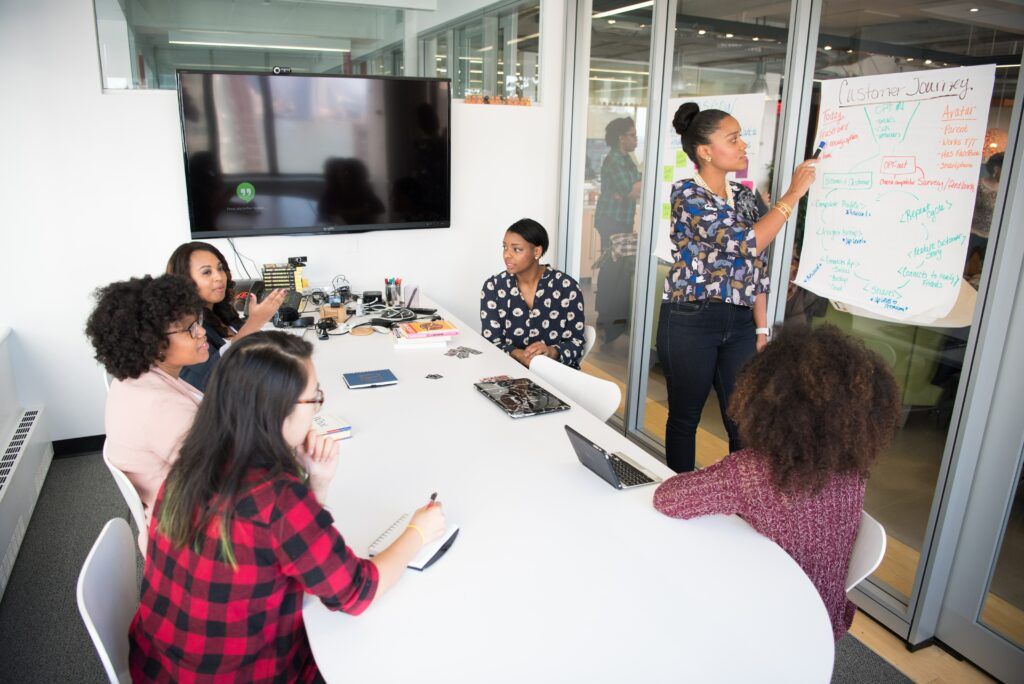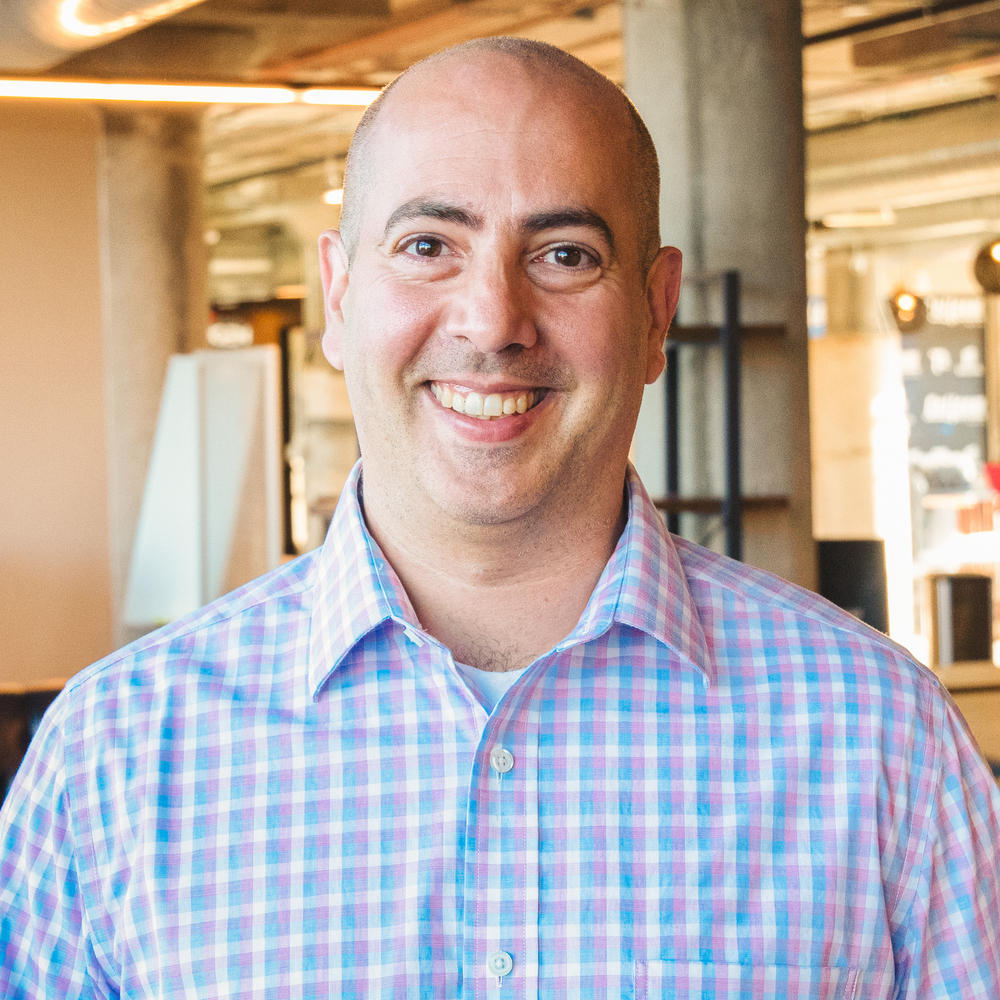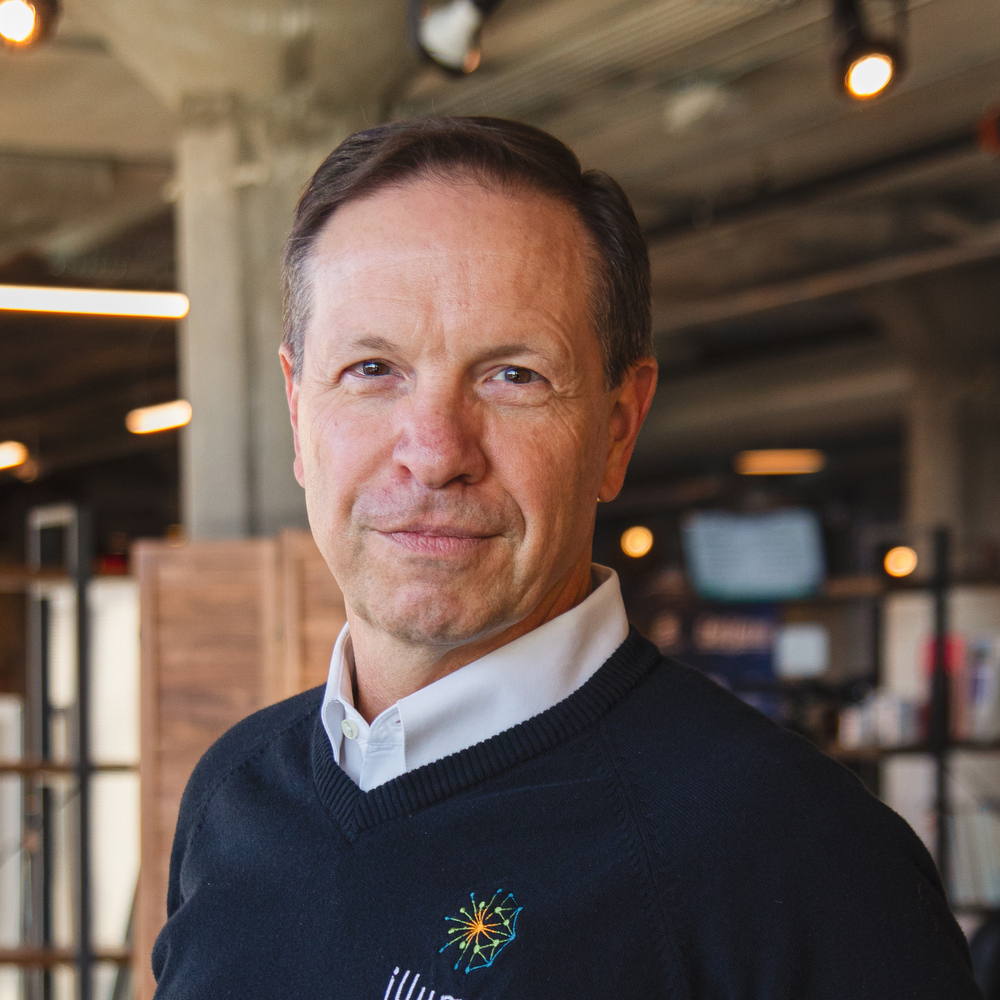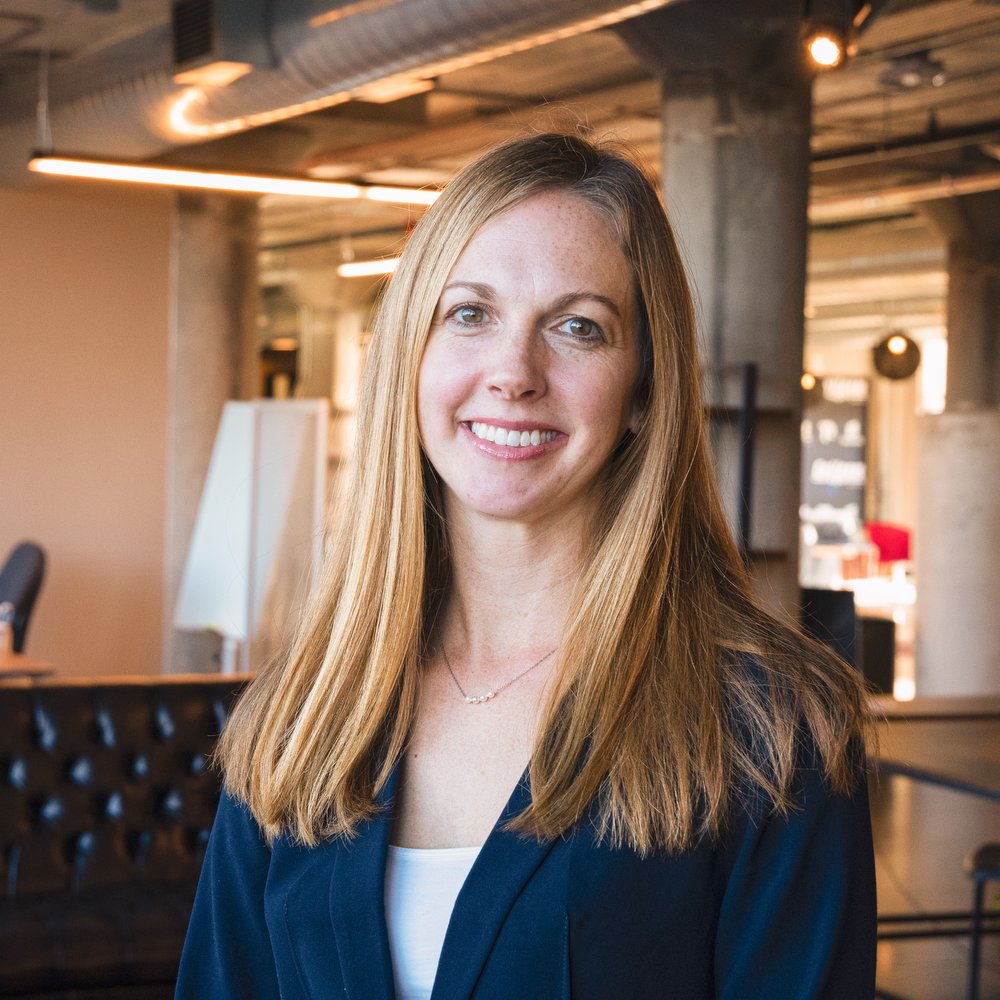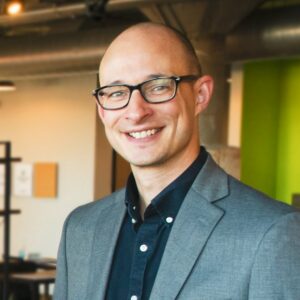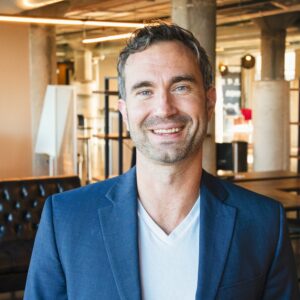Your employees have unique perspectives and opinions you don’t want to miss out on. When you can hear about their experience, you’re able to make better-informed decisions, enhance employee satisfaction and engagement, address bottlenecks, and so much more.
While there are many ways to interact with your team and obtain this knowledge, few methods can rival the effectiveness of a focus group.
Throughout this article, delve into the key considerations and strategies for selecting and designing a successful focus group so that your organization can thrive.
What is a Focus Group?
A focus group is a qualitative research method that brings together a small group of individuals to engage in a guided discussion on a specific topic of interest.
The group is facilitated by a moderator who asks open-ended questions. These questions encourage the individuals to share their opinions on the matter and allow the moderator to better understand their attitudes and perceptions on the topics and ideas. For workplaces, in particular, focus groups reveal employee perspectives, how satisfied they are, communication effectiveness, and their overall work environment.
The Difference Between a Focus Group and an Interview
While it may seem like a focus group is an interview, it’s actually very different in terms of format and interaction. Like we just described above, a focus group involves a small group of individuals who are in a guided discussion that requires their interaction and opinion. Whereas an interview is typically a one-on-one discussion with a flexible question format.
Whom to Select for Your Focus Group
When selecting focus group participants, it’s a good idea to invite individuals are influential among their peers. These individuals can contribute to a more inclusive and representative focus group experience. They can also become champions of your initiative who encourage participation and adoption, so it is a good idea to involve them in early stages such as the discovery phase.
It’s also important to have a balance of participant traits. This includes:
- Optimists and champions (promoters)
- Independent contributors
- Frustrated, skeptical or cynical leaders/influencers
- Boundary spanners (those who have a broad view of the organization)
Best Practices When Designing Your Focus Group
There are a few best practices to follow when designing your focus group. Here are our top five to follow:
- Break your focus groups into cohorts
Grouping based on at least one common demographic trait is beneficial because it brings together people who share similar characteristics like age, gender, job roles, etc. By doing so, you’ll be able to dive deeper into shared experiences.
Likewise, creating cohorts provides a safe environment for the participants to share their honest opinion.
- Choose people that will be open to share
While it may seem obvious, make sure to pick individuals who are extremely open and forthcoming in sharing information. Both positive and negative.
This will ensure you’re getting the entire perspective, not just fragments.
- Don’t group individuals in ways that will inhibit them from sharing information
We strongly recommend that you don’t group people with others that would make them feel unsafe, or uncomfortable. For example, don’t group anyone with their direct chain of command.
You want your focus group to be a space that has zero power dynamics and encourages honest discussions.
- Choose participants who work across different areas of the organization
Choosing participants who work across multiple departments such as internal consultants or subject matter experts gives you a broader understanding of how the entire organization works together.
They can provide valuable input on how to improve collaboration and communication across the enterprise.
- Give yourself a break if you have multiple focus group sessions
On average, focus groups are 90 to 120 minutes in length. When scheduling focus groups throughout a day, it’s important to give 30 minutes between sessions: 15 minutes to debrief the session and 15 minutes to set up for the next group.
Conclusion
A focus group can give you valuable insights about your organization. However, in order for it to be successful, you have to select and design it strategically. Incorporating diverse traits and perspectives, as well as ensuring representation and fostering open and honest discussions are key to unlocking rich qualitative data.
